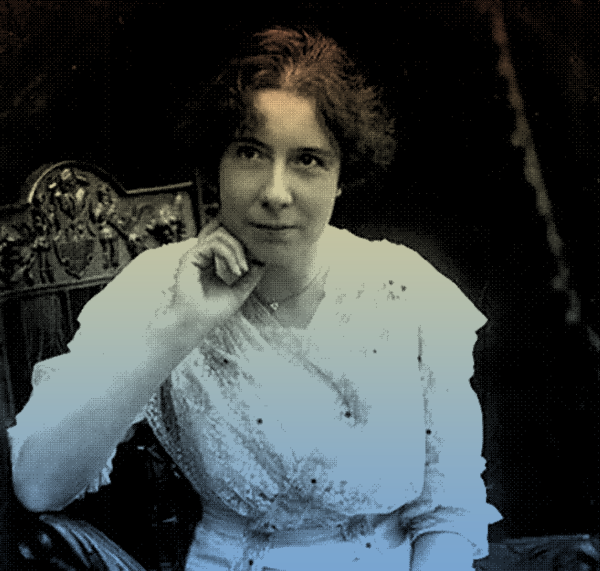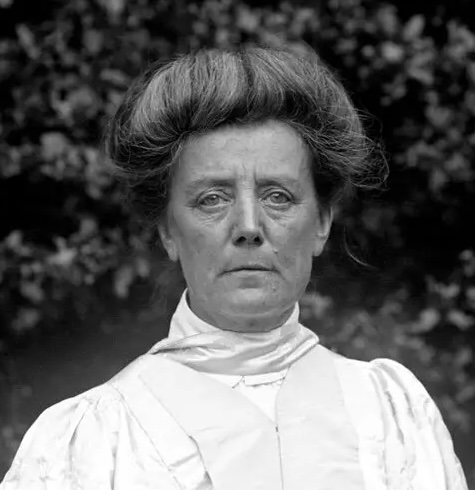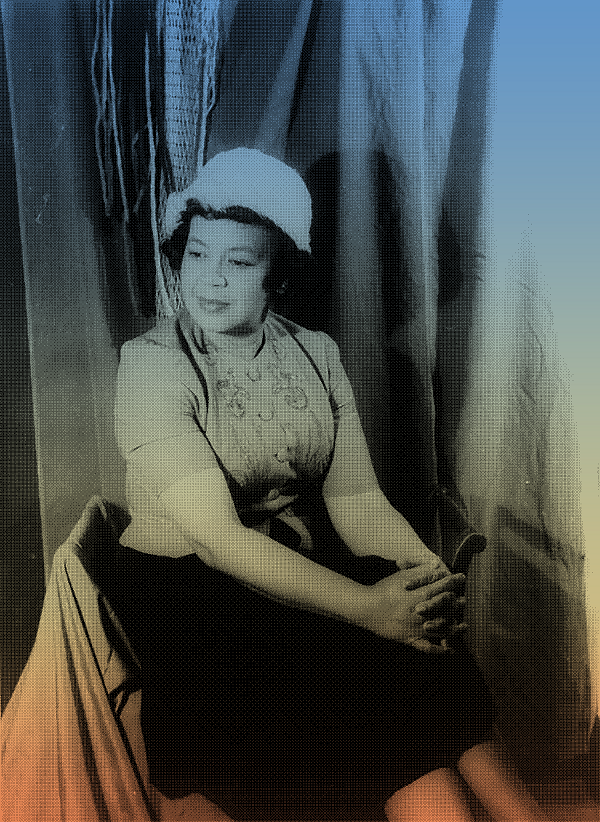Rebecca Clarke was one of most distinguished and gifted British composers in the first half of the 20th century. Born to an American father and a German mother, she learned the violin at a young age, later switching to viola at the suggestion of the composer Charles Villiers Stanford, with whom she studied at the Royal College of Music. Clarke is best known for her chamber works, especially those featuring her primary instrument. Her viola sonata is particularly famous; it earned top honors in an anonymous 1919 competition sponsored by the arts patron Elizabeth Sprague Coolidge, along with a piece by Ernest Bloch. The judges were floored when Clarke was revealed as the composer of one of the winning pieces. Coolidge told Clarke, “You should have seen their faces when they saw it was by a woman.” Apparently some assumed the sonata was written by Ravel. The viola sonata remains a staple of the viola repertoire to this day.
Clarke, however, composed far more than just chamber music. She also wrote almost sixty songs, and they are powerful, original, and stylistically varied, ranging from lushly tonal to highly chromatic to atonal. Only about half of her songs have been published; the rest remain the property of her estate. Yet as interest in her music grows, more of her works are being made available in the form of recordings and scores. Two of the three songs featured below—“I know where I’m goin’,” from Three Irish Folksongs, and “Daybreak”—have been published. The other—“Up-Hill”—has not. This is the first known performance of the song.
Clarke lived to be ninety-three years old. But she essentially stopped composing at the age of fifty-eight, after getting married, in large part because of the difficulties of balancing an artistic life and a family life. In an interview given three years before her death, she said that she wanted to compose but couldn’t. “I had lots of sketches of things. … I miss it very much, because there’s nothing in the world more thrilling.” But, she went on to say, “if one allows too many other things to take over, one is liable not to be able to do it. That’s been my experience.”
Additional Resources
- Kohnen, Daniela. Rebecca Clarke, Komponistin und Bratschistin: Biographie. Hänsel-Hohenhausen, 1999; 2nd ed. 2002.
- Broad, Leah. Quartet: How Four Musical Women Changed the Musical World. Faber & Faber, 2023.
- Rebecca Clarke’s official website, maintained by Christopher Johnson; includes a list of her published and unpublished works, a discography, a blog, and other resources.
- Rebecca Clarke’s list of works (from her official website).




